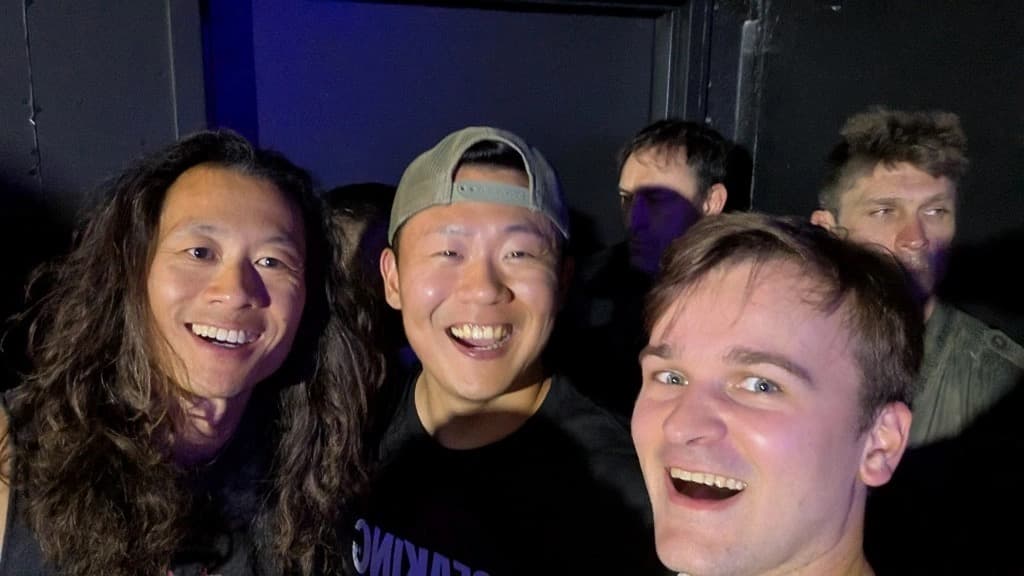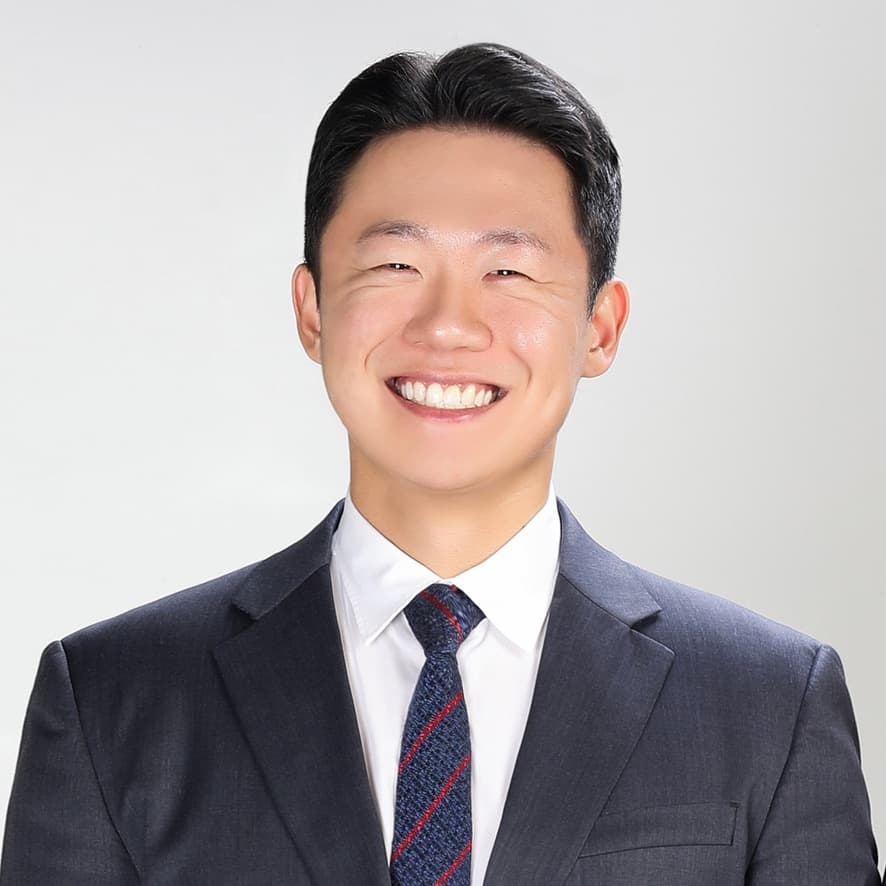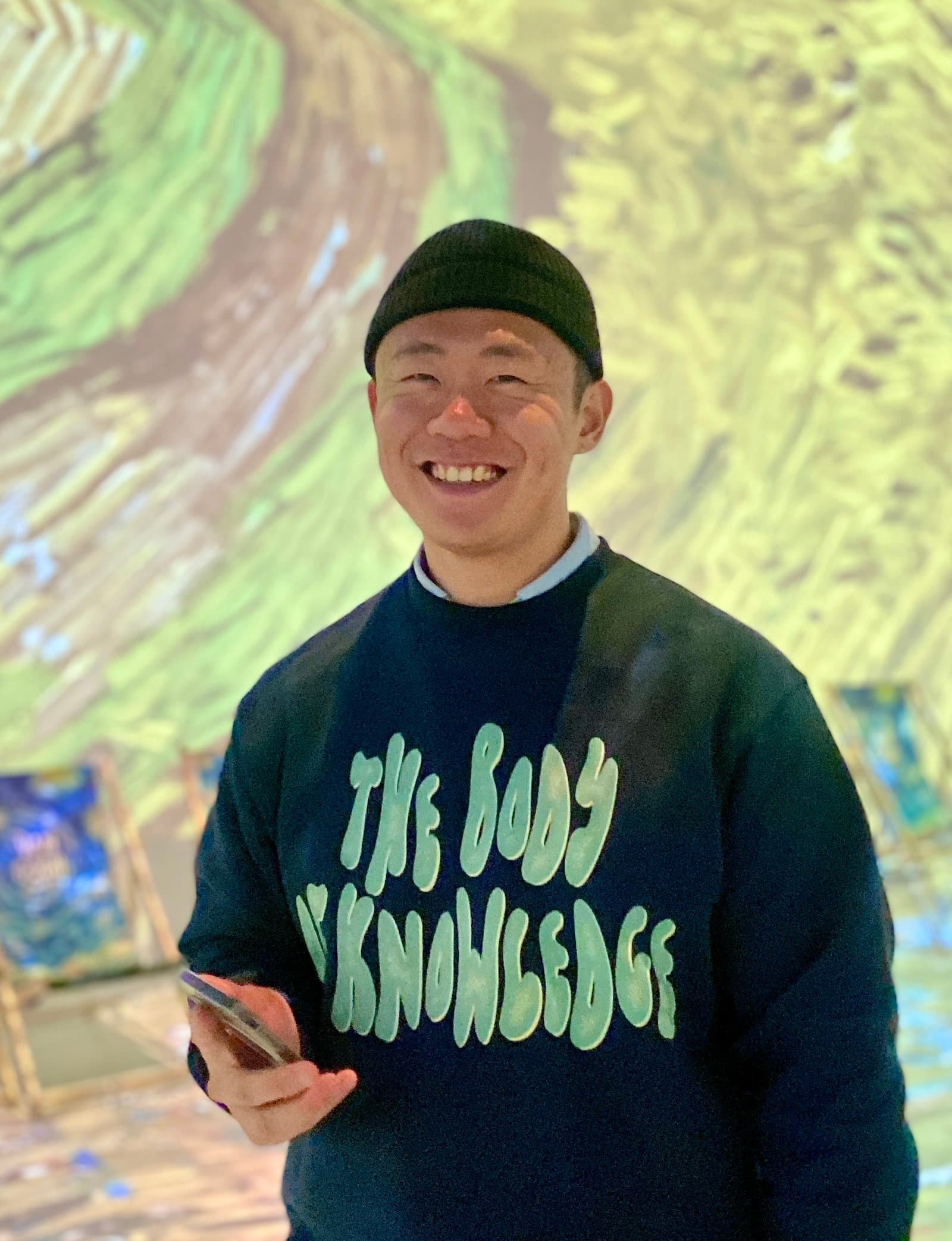
I left law school to find my thing
How did I know startup was my thing?
I was 6 when I realized my parents wouldn't stop fighting.
I locked my bedroom door, opened a textbook, and thought if I got perfect grades, maybe they'd stop. They didn't. I had no power, no way to change anything.
Thinking back, that helpless feeling shaped everything. Get a political science degree, go to law school, climb the ladder. Become president of South Korea by 45. Never be powerless again.
But the deeper I studied politics, the more it felt off. You can't experiment with countries—one bad policy, millions suffer, no rollbacks. And it was too vague. I couldn't figure out what was the best way for a country. People on the left and right blamed each other for everything. That helpless feeling again.
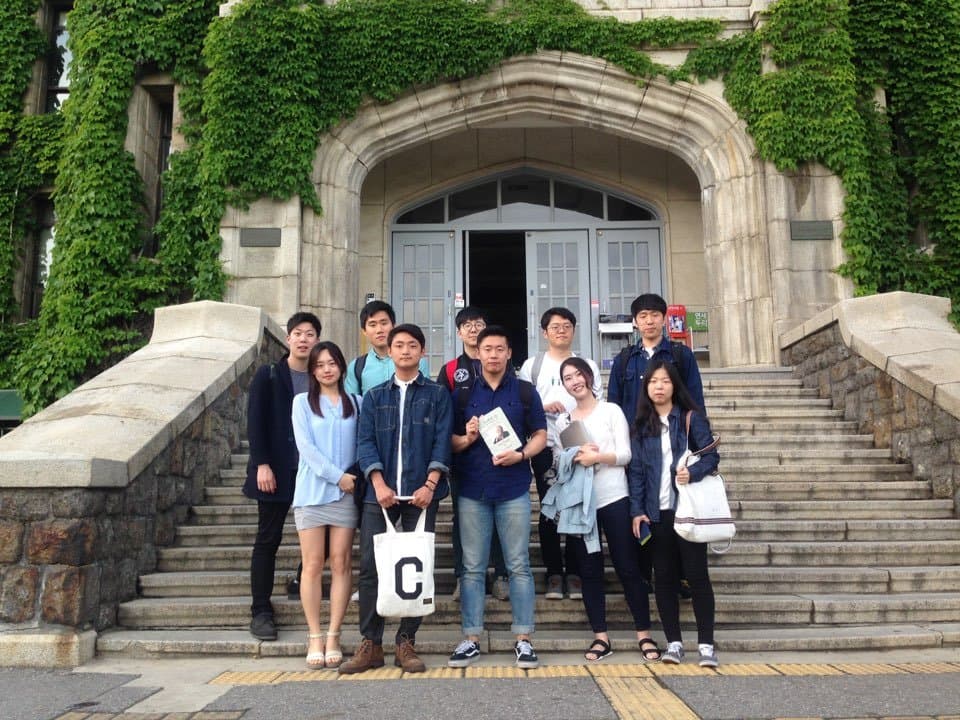
Went to law school anyway to see if I could still make an impact. Slowly realized, though, I got in not because I wanted to change things, but because it was safe and stable. More than anything, it wasn't what I wanted to do—it was something that my parents, friends, society expected me to do. I badly wanted my own thing.
One day, a friend pitched an idea: a tool for lawyers to organize their audio evidence. We built it. Got lawyers to test it. Made it better based on what they said. For the first time, I felt I could actually make things happen. No waiting for permission. No waiting for power. That 6-year-old kid finally found a way to fix things. Left law school within 2 weeks.
But nobody bought it. Good tech, zero demand. Lawyers needed what transcripts couldn't capture—tone, pauses, the subtle cues that disappear when voice becomes text. My friend kept chasing cool tech instead of real problems. I knew I needed to find my own problem to solve.
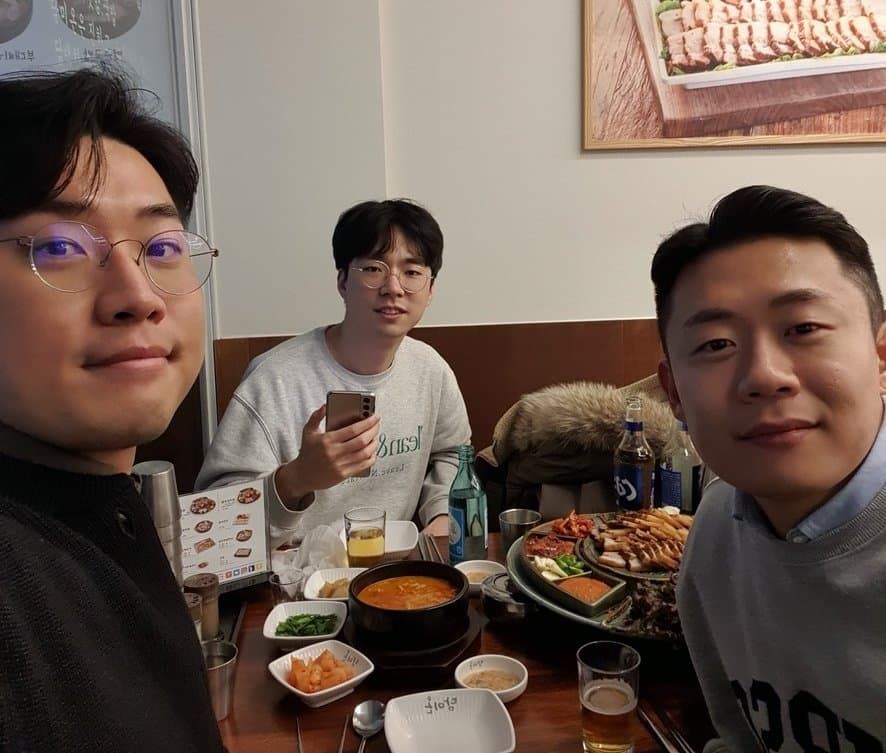
Finding my problem
Steve Jobs talked about “connecting the dots.” Looking back, I see mine.
I went to the U.S. as an exchange student. Thought it would look good on my résumé. It turned out very different.
Got bullied by roommates. Couldn't even order at Subway. I thought I was confident —then I became this shy Asian kid who couldn't speak.
I was frustrated. Then I got selected for a government fellowship to Austin, Texas. Second chance to prove myself—did an internship, tried to make friends. Making friends wasn't easy.
Then I found a community where I could actually connect. We just hung out like normal friends, mostly outdoors. For the first time in the U.S., I felt like I belonged.
Back in Seoul, I saw international students and expats flooding in as Korean culture boomed. I wanted to give them what I had found abroad: real community, real friends. So I started a community for expats and dropped out of law school.
I loved building it. Organized events, grew the member base, listened to what people wanted. But investors kept asking: Why now? Why you? I had no good answers.
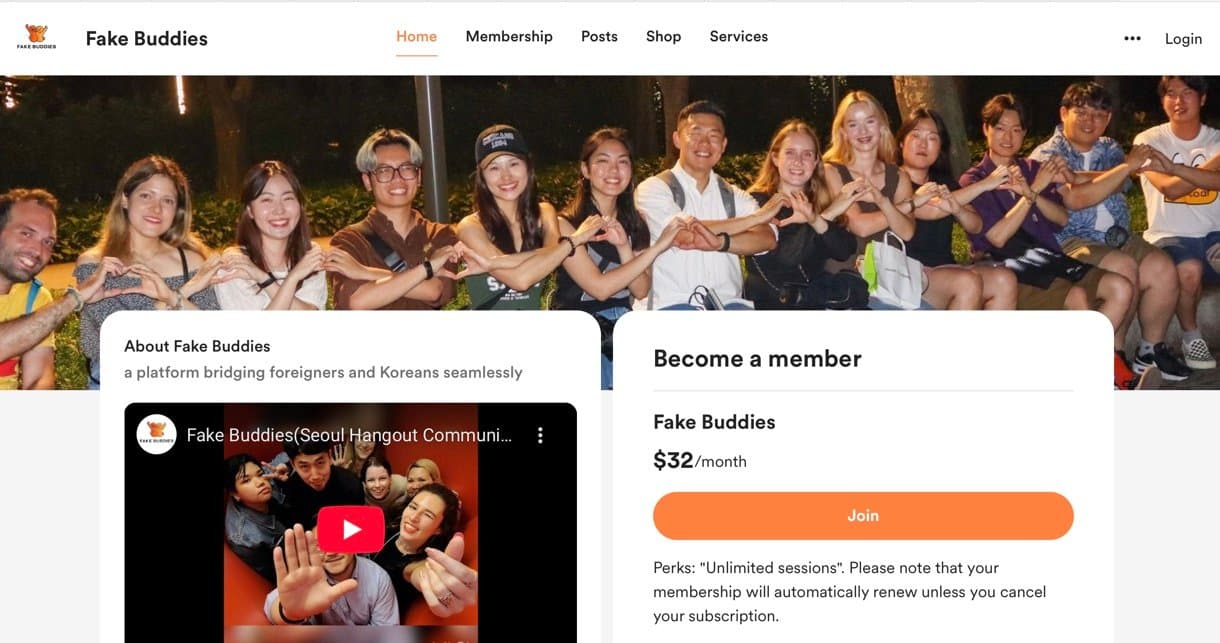
Community apps weren't new—Facebook Groups, Meetup had been around forever. Mine was just for Seoul expats. A smaller version of something that already existed.
Startups work when something shifts. New tech creates an opening—like accurate GPS in phones made Uber possible. Remote work made Zoom essential. I didn't have that. Just me wanting to build something.
The real question: Could I see something others missed? I'd been an expat. I knew the struggles. But so did thousands of others. If there was a real opportunity, someone would've taken it already.
I was forcing something that didn't want to exist. The big players had already won. Why would anyone choose mine? Why start with Seoul expats? I had no answer. It was hard to let go—I loved watching people connect. But I knew I had to.
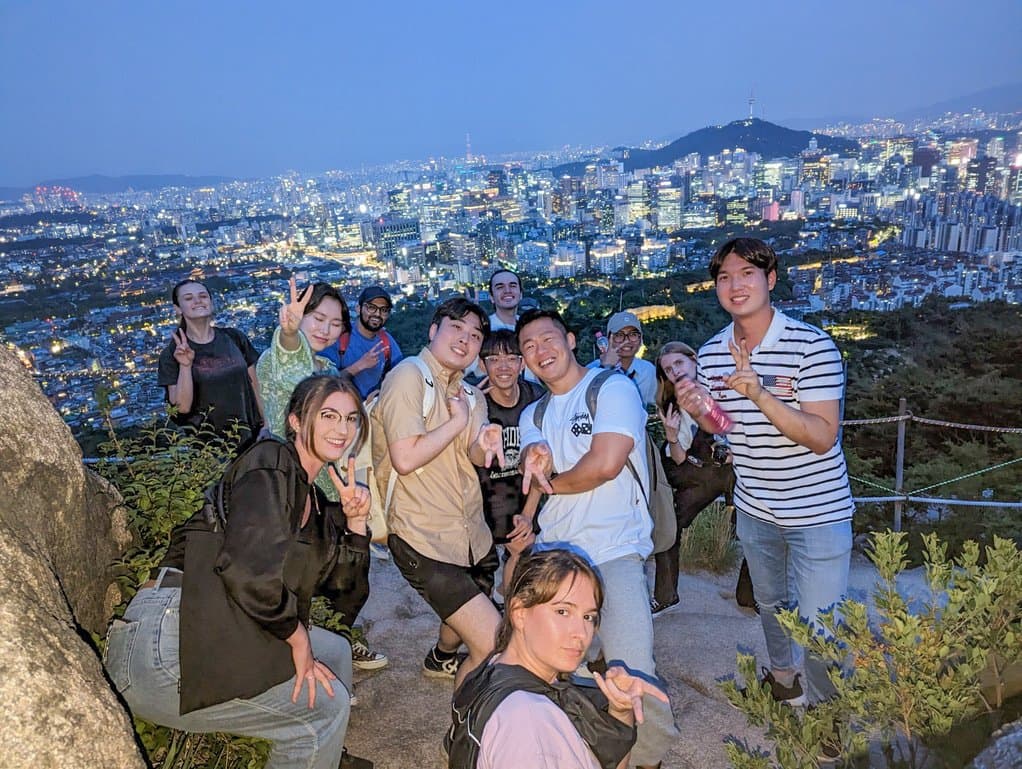
Then I noticed something interesting inside the community.
The real problem
Sarah, one of our members, had an 800+ Duolingo streak and paid for weekly Korean lessons. Others said they badly wanted to learn Korean, but they never came to our Korean sessions. They talked about it constantly, but never showed up.
Maybe I was missing something. I remembered being one of them—wanting to practice English but not able to find a consistent partner. And having a tutor was expensive.
I thought about that scared kid at Subway. The one who couldn't speak, felt dumb, lost his confidence, and turned quiet. Even after that experience, staying consistent was hard. Learning a second language as an adult fights human nature. Motivation fades.
Maybe they wanted to practice Korean, but staying consistent was the real challenge. So I ran a test. I crafted ChatGPT prompts to sound like a real friend, flipped my iPhone face-down, and told them, “Don't touch it—just talk to it in Korean.” After they chatted for a bit, I asked: “Would you pay for this?”
Ten members paid $300 total. Because they knew: you pick up Korean by talking to friends, not by studying.
This is my thing
I knew this from experience. My English only got better when I spent time with people I actually liked—friends I frequently talked to.
That's when it clicked: language learning shouldn't be boring or stuck inside “education.” You pick up naturally through real connection. It takes years, and that's okay.
Then AI arrived—speech recognition, language models, voice synthesis all getting better. I realized language learning was about to change completely.
So I decided to build it. Learned to code from scratch, got good enough, and built what I wished I'd had back then—an AI that makes language practice feel like chatting with a friend. Fun, easy, consistent.
This isn't just about me. I studied politics worrying about Korea's future: low birth rates, aging population. My international friends wanted to settle here, but language held them back. This is for our country's future and the millions who need it.
That's when I knew: “This is my thing.” From that scared kid to now, I'm still starting from zero. But this time, I know why. And I know I can make it happen.
